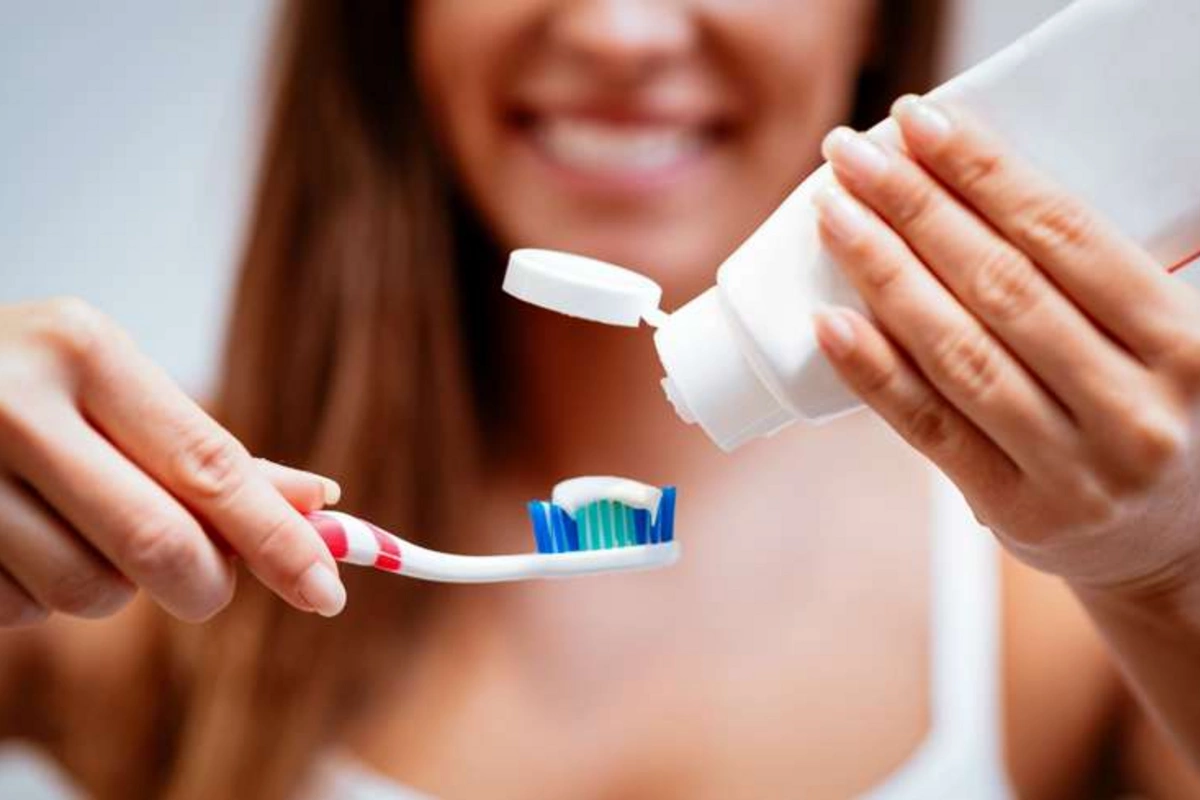18 Apr , 12:49
2

Dentist revealed dangerous consequences of not replacing toothbrush on time
"Your toothbrush can become a silent enemy of oral health if not replaced with a new one in time," warns Russian dentist-therapist and periodontologist Irina Seregina in a conversation with "Gazeta.Ru".
"The brush that we use regularly loses not only its appearance over time, but also the elasticity of the bristles, and it can also become a reservoir for harmful bacteria. Such a brush cannot properly remove plaque from teeth, and can also injure the mucous membranes, leading to inflammatory diseases," the dentist warned.
According to the specialist, the optimal period for using a toothbrush is from 1 to 3 months. This rule applies to both regular manual brushes and replaceable heads for electric and sonic models. The maximum service life should not exceed three months, however, there are situations that require earlier replacement.
The doctor listed the main reasons for early brush replacement:
- after infectious and cold diseases, to avoid re-infection;
- deformation of bristles, when they begin to spread in different directions;
- visible accumulation of plaque or mold on the brush surface;
- accidental use of the brush by another person.
"In addition, it's worth replacing your toothbrush after returning from a trip somewhere. It's even better to take a separate brush with you and dispose of it after returning, as brushes often don't dry out completely and can become a source of bacteria," added Seregina.
The specialist also recommends replacing the brush if you feel discomfort in your hand while brushing your teeth or if improperly selected bristles cause discomfort and injure the oral mucosa.
"If we don't change the brush in a timely manner, we cannot talk about adequate removal of plaque from teeth. As a result, pathogenic microflora develops, which provokes the development of caries and diseases of the oral mucosa (periodontitis or gingivitis). Also, due to worn and deformed bristles, the risk of injuring the mucous membrane and introducing infection increases, which can lead to stomatitis and other mucosal diseases," emphasized the doctor.
Speaking about warning signs indicating harm from using a brush, the dentist highlighted the following symptoms:
- appearance of bleeding gums;
- frequent occurrence of stomatitis or injuries to gums and mucosa;
- increased plaque accumulation on teeth;
- bad breath.
"In these cases, it's worth remembering how long ago you changed your brush. Also pay attention to how you care for your brush. After use, it must be thoroughly rinsed with running water and stored in a vertical position in an open form. It's advisable to keep toothbrushes of different family members away from each other," concluded Seregina.